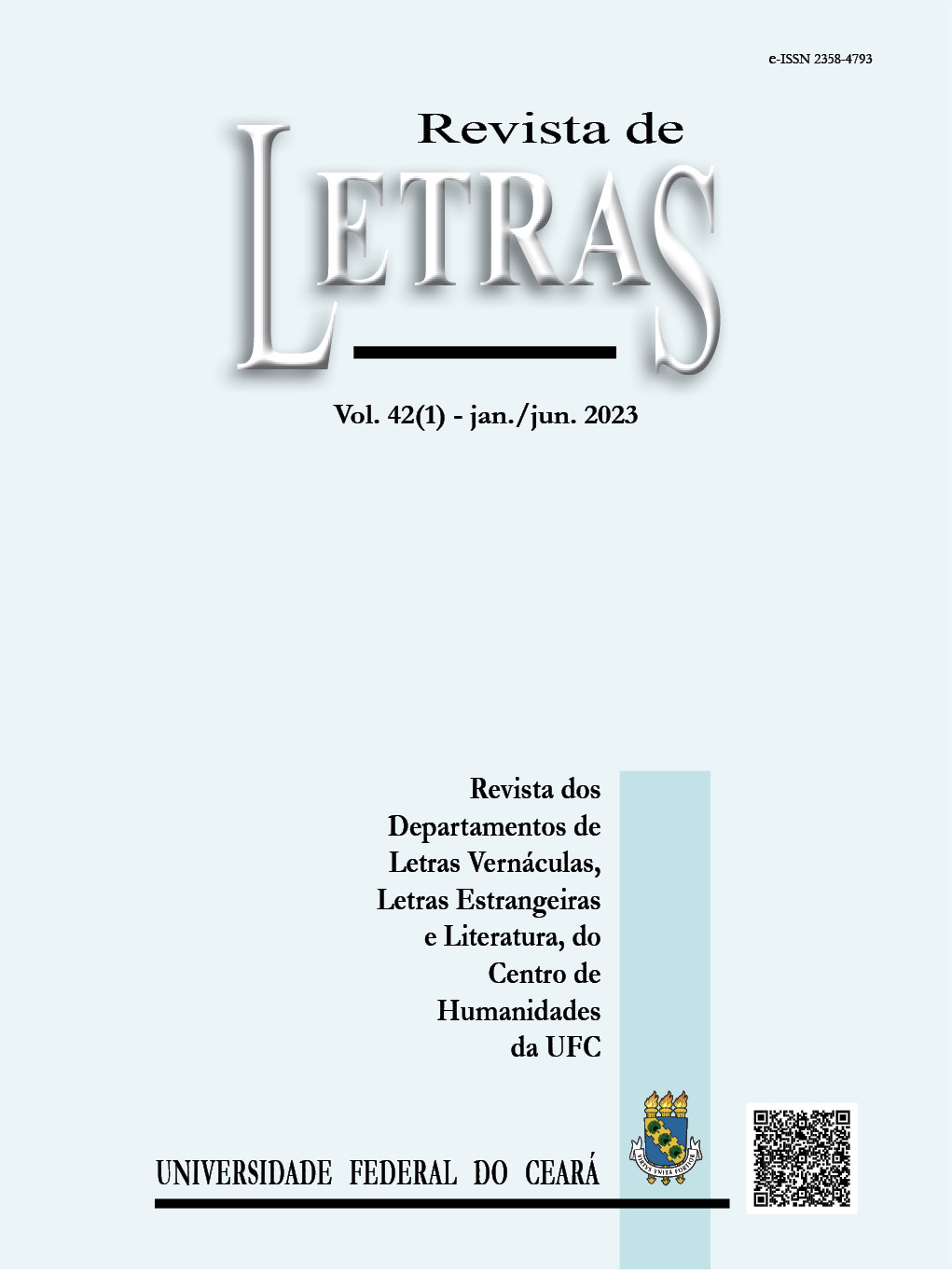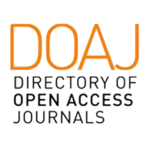SLEEPING MASK AND MÁSCARA DE DORMIR, A SHORT STORY BY PETER LASALLE AND ITS TRANSLATION INTO BRAZILIAN PORTUGUSESE
DOI:
https://doi.org/10.36517/revletras.42.1.12Abstract
This paper aims at presenting the translation of a short story written by US author Peter LaSalle and published in 2017. The story catches the readers in a net of dreams, reveries, old recollections, childhood traumas, and psychologic and physical intimacy, where there is no safe haven to anchor the facts, which perhaps are not facts at all. Probably readers will feel better if they just do what the narrator tells his lover to do: “Relax”. It is a good suggestion to relax and follow this vertiginous narrative, the lively scene characterizations, and the sharp-witted analyses of states of mind. Peter LaSalle was born in Rhode Island in 1947 and has written short-story collections, novels, and travel literature. Among his favorite authors, which are often alluded to in his works, are Edgar Allan Poe, Jorge Luís Borges, and William Faulkner. There is a short story collection by LaSalle in Brazilian Portuguese, with the title “Diga a Borges se o Encontrar: Histórias de sonambulismo contemporâneo”, a translation of “Tell Borges if you See Him” (LaSalle, 2016). LaSalle was honored with several prizes, such as the Flannery O’Connor
Downloads
Downloads
Published
How to Cite
Issue
Section
License
Copyright (c) 2023 Revista de letras

This work is licensed under a Creative Commons Attribution 4.0 International License.
Autores que publicam nesta revista concordam com os seguintes termos:- Autores mantêm os direitos autorais e concedem à revista o direito de primeira publicação, com o trabalho simultaneamente licenciado sob a Licença Creative Commons Attribution que permite o compartilhamento do trabalho com reconhecimento da autoria e publicação inicial nesta revista.
- Autores têm autorização para assumir contratos adicionais separadamente, para distribuição não-exclusiva da versão do trabalho publicada nesta revista (ex.: publicar em repositório institucional ou como capítulo de livro), com reconhecimento de autoria e publicação inicial nesta revista.
- Autores têm permissão e são estimulados a publicar e distribuir seu trabalho online (ex.: em repositórios institucionais ou na sua página pessoal) a qualquer ponto antes ou durante o processo editorial, já que isso pode gerar alterações produtivas, bem como aumentar o impacto e a citação do trabalho publicado (Veja O Efeito do Acesso Livre).

.png)






.png)
